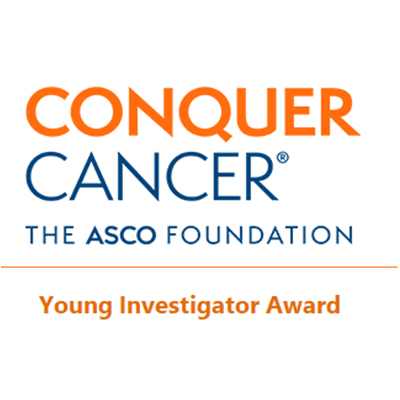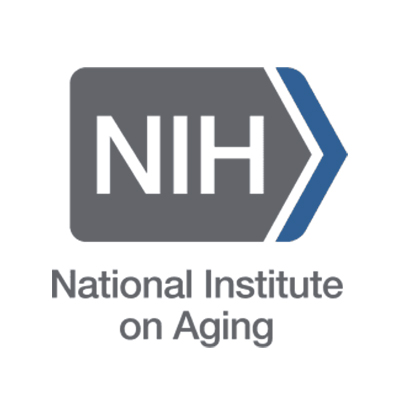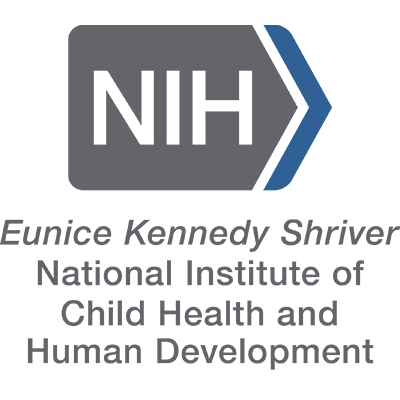Pioneering Patient-Centered Research in Gynecologic Cancer Care
Our research is dedicated to advancing the lives of individuals with gynecologic cancers by addressing not only treatment, but also the broader dimensions of overall well-being. Through innovative, patient-centered studies, we strive to deepen understanding of the challenges faced by patients and their families and to develop solutions that are responsive to their needs.
By integrating medical expertise, rigorous evidence-based research, patient advocacy, and emerging technologies, we are laying the foundation for more effective and compassionate cancer care. Our mission is to move beyond treatment delivery to truly personalize care and support quality of life throughout the cancer journey.
Our projects span a wide spectrum, from retrospective and prospective studies to randomized clinical trials. We are also committed to harnessing novel technologies—including mobile and app-based tools as well as artificial intelligence—to enhance care delivery and outcomes.
Our Research
PROOF Study
The PROOF study is a prospective, multi-center observational cohort study conducted at UCSF and the Dana-Farber Cancer Institute. This research aims to explore how frailty affects health outcomes and quality of life in patients with gynecologic cancer.
EMPOWER Study
The EMPOWER Study is a pilot research project focused on improving the health and well-being of patients undergoing treatment for gynecologic cancer. This study is testing whether a personalized, digital exercise program and a virtual peer support group can help patients stay active, maintain strength, and improve quality of life during treatment.
CAPRICORN Study
Established in 2025, the CAPRICORN Study is a quality improvement initiative designed to improve care delivery for patients newly diagnosed with cervical cancer. Drawing on feedback from a multi-stakeholder Community Advisory Board, the study pilots an intervention in which participants meet regularly with a Community Health Worker for support in addition to their standard medical care, spanning up to 6 months from diagnosis.
 University of California San Francisco
University of California San Francisco












